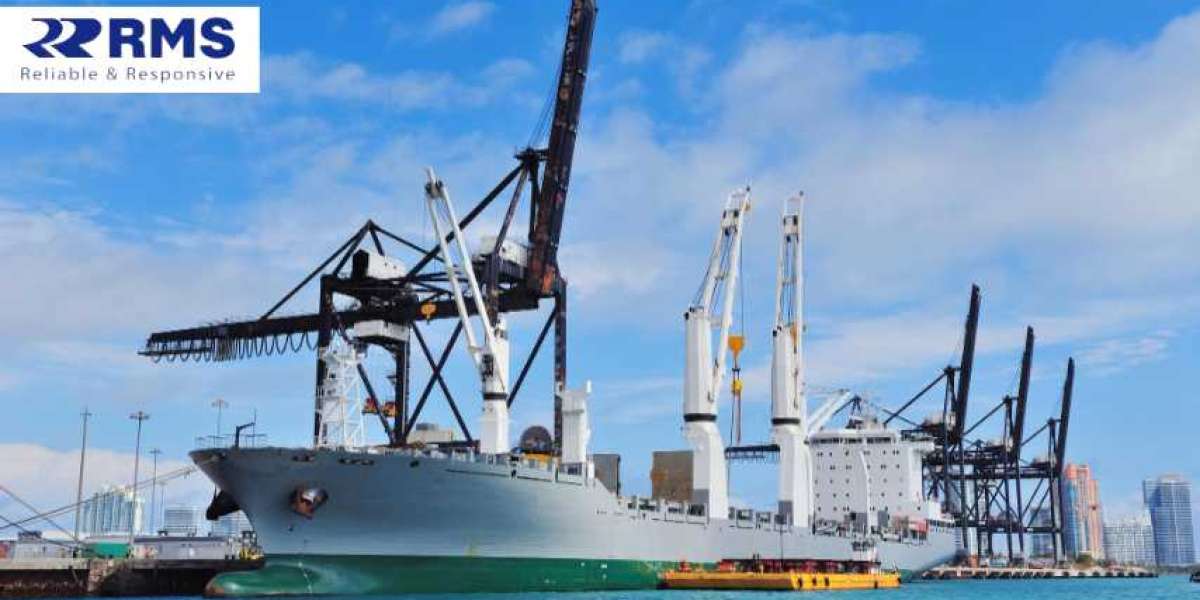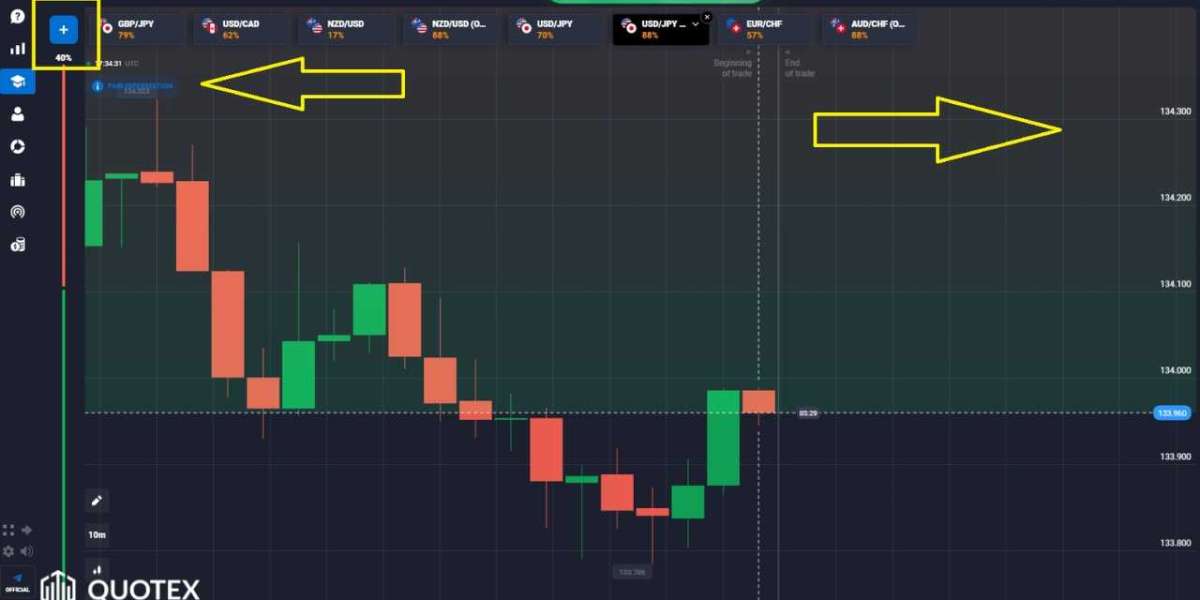Algeciras, a bustling port city located in the south of Spain, plays a pivotal role in global maritime trade. As one of the largest and busiest ports in Europe, the Port of Algeciras serves as a crucial gateway for sea freight, connecting various parts of the world. In this blog, we delve into the significance of sea freight in Algeciras, the operations of its port, and its impact on international trade and the local economy.
The Strategic Importance of Algeciras
The Port of Algeciras is strategically positioned at the crossroads of major global shipping routes, including the Mediterranean Sea, the Atlantic Ocean, and the Strait of Gibraltar. This advantageous location makes it a prime hub for sea freight, facilitating the movement of goods between Europe, Africa, and the Americas.
Algeciras' port is a critical entry and exit point for various types of cargo, from consumer goods and raw materials to automotive parts and industrial machinery. Its proximity to major European markets and its accessibility to North Africa further enhance its importance as a logistics and distribution center.
State-of-the-Art Facilities and Operations
The Port of Algeciras is equipped with cutting-edge infrastructure and facilities that ensure efficient and seamless sea freight operations. Some key features include:
Container Terminals: The port boasts several modern container terminals, capable of handling large volumes of cargo. These terminals are equipped with advanced cranes, automated systems, and extensive storage areas, ensuring quick turnaround times for vessels.
Logistics Zones: The port area includes extensive logistics zones, offering warehousing, distribution, and value-added services. These zones are designed to facilitate the smooth handling and processing of goods, reducing delays and enhancing efficiency.
Multimodal Connectivity: Algeciras is well-connected to inland transportation networks, including railways and highways. This multimodal connectivity allows for the swift transfer of goods to and from the port, supporting a seamless supply chain.
Green Initiatives: The port is committed to sustainability, implementing various green initiatives to reduce its environmental impact. These include energy-efficient equipment, waste management systems, and initiatives to reduce carbon emissions.
Impact on International Trade
The Port of Algeciras plays a vital role in international trade, serving as a key transshipment hub for goods traveling between continents. Its strategic location and state-of-the-art facilities enable it to handle a significant portion of global sea freight traffic. Here are some ways the port influences international trade:
Trade Volume: Algeciras handles millions of TEUs (twenty-foot equivalent units) annually, making it one of the busiest ports in Europe. This high volume of trade underscores its importance in the global supply chain.
Transshipment Hub: The port's transshipment capabilities allow it to act as an intermediary point for cargo. Goods are often unloaded, sorted, and reloaded onto other vessels for their final destinations, enhancing global trade connectivity.
Economic Contribution: The port's activities contribute significantly to the local and national economy. It generates employment, stimulates economic growth, and supports various industries, from logistics and transportation to manufacturing and retail.
Challenges and Future Prospects
Despite its many advantages, the Port of Algeciras faces several challenges. These include the need for continuous infrastructure upgrades, competition from other ports, and environmental concerns. However, the port's administration is proactive in addressing these challenges, investing in modernization projects, and adopting sustainable practices.
Looking ahead, the Port of Algeciras is poised for further growth. Ongoing investments in technology and infrastructure, coupled with its strategic location, position it as a key player in the future of global sea freight. The port's commitment to innovation and sustainability ensures that it will continue to thrive and adapt to the evolving demands of international trade.
Conclusion
Sea freight in Algeciras is a cornerstone of global maritime commerce, driving international trade and contributing to economic prosperity. The Port of Algeciras, with its strategic location, advanced facilities, and commitment to efficiency and sustainability, exemplifies the vital role of sea freight in connecting the world. As the port continues to evolve and grow, it remains a beacon of maritime excellence, ensuring the smooth flow of goods across the globe.








